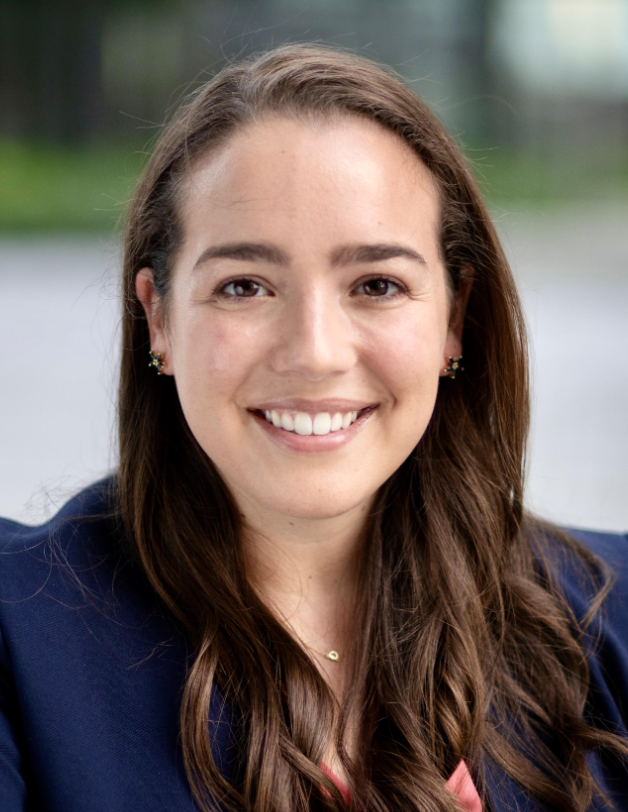Applying to graduate school can seem very overwhelming. When I decided to go back to school, I remember feeling slightly paralyzed by all of the work that I needed to do in order to submit a competitive application, and I wondered how I was going to get everything done while working full time. If you find yourself in a similar position, here are five tips to help you get started and set you up for success throughout your graduate school application process.
1. Be really clear on your “why”
Always keep your rationale for going back to graduate school top of mind. Are you changing career trajectories? Do you need the degree to advance within your field? Are you hoping to gain a specific skill set? Whatever your reason is, reflect back on it whenever you feel stuck to help motivate yourself.
2. Do your research
Keeping your “why” in mind, figure out which programs will enable you to achieve your goals. Desk research is a really useful starting point, but it is often not enough to really get a feel for the program. Make sure you take the time to speak with students, faculty, and admissions staff to learn more about the school from different perspectives. In addition to getting a better understanding of what you can get from the school, you should also use these conversations to figure out how you could make a meaningful contribution as a student. Take note of these insights as they will come in handy as you write your essays. If you don’t have contacts at a particular program, there are usually student ambassadors and virtual admissions webinars listed on the school website.
3. Get organized
Applying to graduate school is a long, time-consuming process, and it is essential that you come up with a way to keep yourself organized. This will look different for every applicant, but make sure you have a system for tracking information about each school (deadlines, essay questions, number of recommendation letters required, target test scores, etc.). Create a timeline for yourself with deadlines for when you want to complete each component of the application process. With so many moving pieces, you don’t want to let anything slip through the cracks.
4. Break the process into manageable pieces
It can be difficult to prioritize studying for a standardized test or writing an essay with all of the other competing priorities in your life. The process feels much more manageable if you are able to break it into pieces instead of working on everything at once. If possible, try to get your test out of the way early in your application process, and then shift your attention to the applications themselves. It can also be helpful to dedicate specific days to work on a given task (e.g. Monday/Tuesday I will write my personal statement and Thursday/Friday I will work on my supplemental essays for school X).
5. Try to keep everything in perspective
Pursuing a graduate degree is a huge decision, but applying to school is just one part of everything else you have going on. If you spend all of your spare time working on applications, it is easy to get burnt out. Give yourself permission to take breaks when you need them, spend time with friends and family, and continue any activities that bring you joy. This will help you return to your application process feeling reenergized.
Graduate school can be a powerful tool to help you achieve your goals, so don’t let a daunting application process get in your way. I hope this advice helps you put your best foot forward as you begin your journey to graduate school.
We have a long history of helping high school, college, and graduate students work smarter, not harder, on their applications for programs and degrees across a variety of fields. Are you interested in getting set up with a writing or strategy coach for your admissions process?



Comments